The Power of Sleep in Enhancing Performance
Sleep Smarter, Perform Better: Unleashing Your Full Potential
Getting enough sleep is crucial for our physical and mental well-being. Sleep promotes memory, regulates emotions, enhances metabolic functions, improves energy balance, and moderates the immune system. However, a significant portion of the Western adult population (~45%) fails to get the recommended amount of sleep (7-9 hours) due to lifestyle choices, stress, medical conditions, and genetic traits. Certain populations, such as professional athletes, shift workers, and military personnel, are particularly susceptible to sleep loss.
In physically active individuals and athletes, sleep loss can affect training adaptations and exercise performance outcomes. The effects of sleep loss on physical performance have been extensively studied, including its impact on strength, power, endurance, and skill activities. Factors such as timing of exercise, duration of sleep loss, and exercise characteristics can influence the magnitude of these effects.
Benefits of Getting the Best Sleep:
Better Physical Performance
Sleep is crucial for physical performance, especially for athletes. It can improve reaction time, speed, and endurance. It can also reduce the risk of injury by allowing your body time to recover and repair. Research has shown a twofold injury risk in athletes who slept for <7hrs/night.
Sleep duration of <6hrs has been associated with overall performance loss of 8%. Specifically: power endurance loss of 6%; strength loss of 3%; endurance loss of 10%; and skill loss of 20%. Sleep is irreplaceable and capable of what no other supplement can achieve.
Improved Physical Health
Getting enough sleep can lower your risk of obesity, heart disease, and diabetes. It can also boost your immune system, making you less susceptible to illness. During slow-wave sleep, predominately in the first 4 hours, our bodies produce and release cytokines, which are proteins that help regulate immune responses. Sleep deprivation suppresses the production of these cytokines, weakening our immune function and making us more vulnerable to infections and illnesses.
Lack of sleep can lead to chronic low-grade inflammation in the body. Inflammation is a natural response of the immune system to infections or injuries, but when it becomes chronic, it can contribute to the development of various health conditions, including cardiovascular diseases, diabetes, and autoimmune disorders.
Sleep deprivation also impairs the production of antibodies, which are proteins that help identify and neutralize pathogens. This can hamper the body’s ability to effectively fight off infections, resulting in a higher likelihood of falling ill. Studies have shown that sleep-deprived individuals are more susceptible to viral infections, including the common cold and influenza.
Better Mental Health
Sleep plays a crucial role in mental health. Getting enough sleep can help to reduce stress, anxiety, and depression. REM sleep, obtained in the last 4 hours of sleep, is when your emotional brain resets, processing the prior days allostatic load. Neglecting the final portion of your sleep is a guaranteed path to heightened anxiety and stress levels. Prioritizing a restful night’s sleep is the most effective means of enhancing your mood and cultivating a profound sense of well-being
Improved Cognitive Function
Sleep is essential for cognitive function, including memory, attention, and problem-solving skills. Getting enough sleep can help to improve your ability to learn and retain information. REM sleep plays a vital role in memory consolidation and emotional processing. It helps solidify newly acquired information and enhances creativity.
Tips for Getting the Best Sleep:
Stick to a sleep schedule
It’s important to have a consistent sleep schedule, even on weekends. Try to go to bed and wake up at the same time every day to regulate your body’s sleep-wake cycle (less than 30min variation is ideal). Maintaining the same bedtime has been shown to increase your slow-wave sleep which is when your body releases growth hormone, strengthens the immune system, and increases tissue repair.
Create a relaxing sleep environment
Your bedroom should be a calm and peaceful environment. Keep your room cool (60-67 Degrees F), dark, and quiet to promote restful sleep. Invest in comfortable bedding and pillows to make your sleeping space more inviting.
Limit screen time and food before bed
The blue light emitted by electronic devices can interfere with your body’s natural sleep rhythms. Avoid using your phone, tablet, or computer for at least 1-3 hours before bed to allow your brain to wind down. Blue light emitted by electronic devices and artificial lighting can disrupt the production of melatonin, a hormone that regulates sleep. Blue light blocking glasses are an option to filter out this harmful light, promoting better sleep quality and helping regulate your natural sleep-wake cycle. Likewise, avoiding eating meals 3 hours prior to bedtime has been shown to increase both Slow waves sleep and REM sleep.
Avoid stimulants
Avoid caffeine, nicotine, and alcohol 8 hours before bedtime, as they can interfere with your sleep quality. Try to limit your intake of these substances or avoid them altogether.
Establish a relaxing bedtime routine
Creating a relaxing bedtime routine can help signal to your body that it’s time to sleep. Take a warm bath, read a book, or listen to calming music to help you unwind before bed. Some of my favorite additions to the nightly routine include magnesium (350mg), fresh leaf chamomile tea, and lavender essential oil (a couple drops in the shower, bath, or on your pillow).
Sleep is a complex and dynamic process, comprising distinct phases that work together to promote physical, cognitive, and emotional well-being. From slow-wave sleep’s restorative functions to REM sleep’s role in memory consolidation and emotional regulation, each phase plays a crucial part in maintaining optimal health. Prioritizing quality sleep and creating a conducive sleep environment can significantly enhance our daily functioning and overall quality of life. So, embrace the beauty of sleep, and let its phases guide you on a restful and revitalizing journey every night.
References: Craven J, McCartney D, Desbrow B, Sabapathy S, Bellinger P, Roberts L, Irwin C. Effects of Acute Sleep Loss on Physical Performance: A Systematic and Meta-Analytical Review. Sports Med. 2022 Nov;52(11):2669-2690. doi: 10.1007/s40279-022-01706-y. Epub 2022 Jun 16. PMID: 35708888; PMCID: PMC9584849. Knowles OE, Drinkwater EJ, Urwin CS, Lamon S, Aisbett B. Inadequate sleep and muscle strength: Implications for resistance training. J Sci Med Sport. 2018 Sep;21(9):959-968. doi: 10.1016/j.jsams.2018.01.012. Epub 2018 Feb 2. PMID: 29422383. Brotherton EJ, Moseley SE, Langan-Evans C, Pullinger SA, Robertson CM, Burniston JG, Edwards BJ. Effects of two nights partial sleep deprivation on an evening submaximal weightlifting performance; are 1 h powernaps useful on the day of competition? Chronobiol Int. 2019 Mar;36(3):407-426. doi: 10.1080/07420528.2018.1552702. Epub 2019 Jan 10. PMID: 30626222. Sirohi P, Khan MH, Sharma S, Nuhmani S, Al Muslem WH, Abualait T. A systematic review of effects of daytime napping strategies on sports performance in physically active individuals with and without partial-sleep deprivation. PeerJ. 2022 Dec 1;10:e14460. doi: 10.7717/peerj.14460. PMID: 36518294; PMCID: PMC9744144.
Dr. Thomas Cunningham is a board-certified emergency medicine physician who believes in combining evidence-based medicine, nutrition, and training to improve performance and overall wellness.
Dr. Cunningham received his medical degree from the University of Kentucky College of Medicine, where he graduated summa cum laude. He then went on to complete his Emergency Medicine residency at the University of Louisville, where he was appointed chief resident and recognized with the resident research award for his outstanding contribution to the field.
Website: www.ThomascunninghamMD.com
Insta: @thomascunninghamMD






Leave a comment